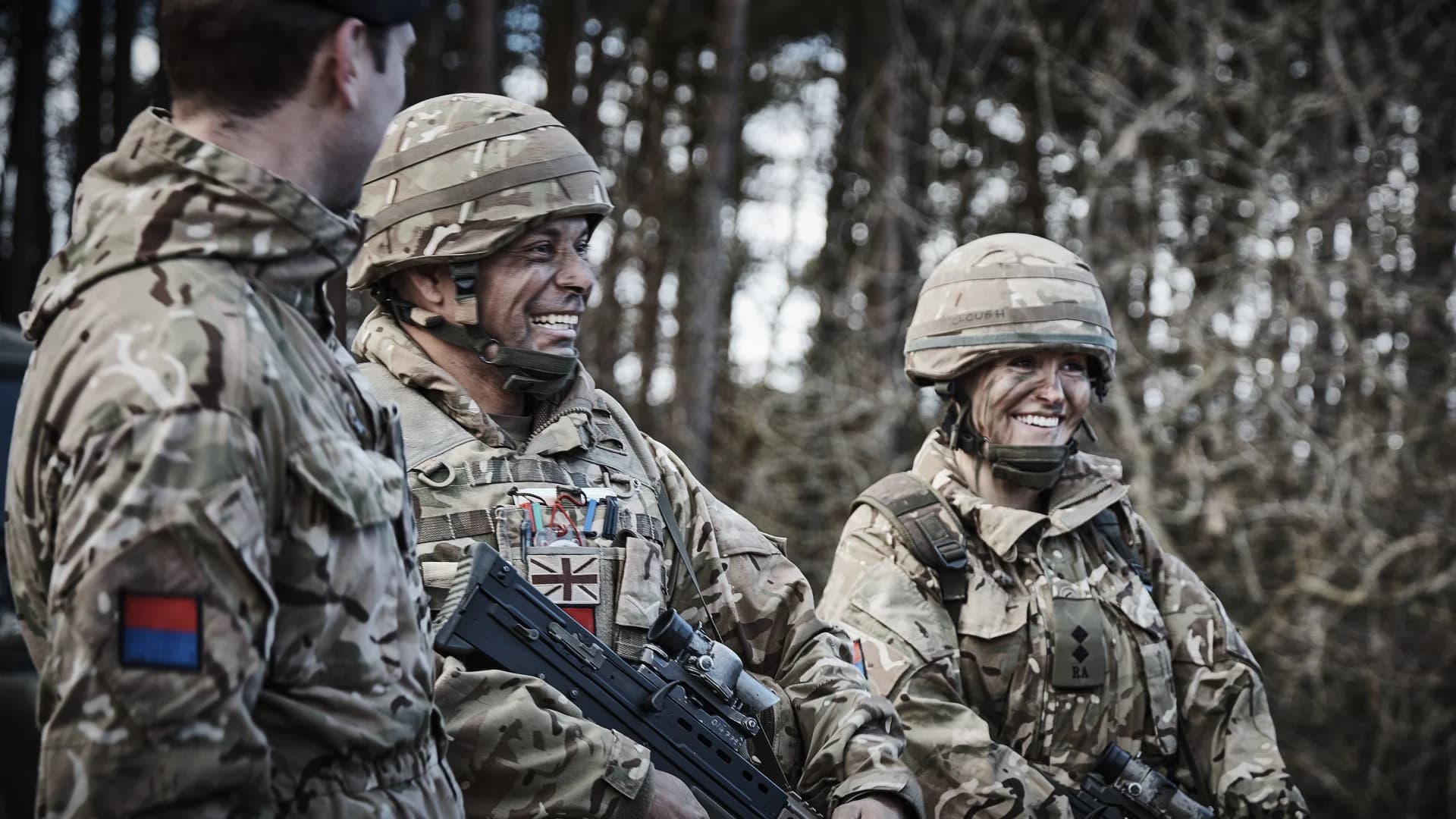
I'm in the exact position you were at the end of FY1! What is the post-FY2 process like, how do I enquire about it?

Additional information
1. After the GDMO years, how flexible is it in choosing your speciality? Are you able to move into the NHS if wanted? 2. How do you think being a reservist doctor would compare? Is it possible to join the reserves post FYs?
Thomas J. asked a question to Tori C.
Category: Interview Tips
Date asked: Saturday, May 30, 2020
Last reviewed: Sunday, May 31, 2020

Tori C.
Regimental Medical Officer
Hi Thomas,
If you are thinking of joining after FY2 I would encourage you to submit your application as soon as possible, I think I submitted mine around this time in the year and was told I was cutting it fine (although it all worked out ok in the end).
You can submit your application on the army website, I also went to my local careers office who didn't add much but were very kind and said to let them know if I had any problems with my application so they could help me sort them out.
The process may have changed very slightly in the last 4 years but it roughly went something like this.
Step 1, apply online
Step 2, invited to briefing board - 2 days at westbury where they check you are in the right position to go to main board, this hasn't always been compulsory for medical officers and I'm not sure what they're doing at the moment, but if you are offered the chance to go I would recommend it as it makes main board much less daunting.
Familiarisation visit - not compulsory (or it didn't used to be), but very valuable, 2 days at RMAS learning about the RAMC and what you can expect from your career, I did mine after main board but I think most people do it before.
Step 3, medical - a hearing test, ECG, visual acuity and a full MSK examination with a doctor and a review of your medical records.
Step 4, main board - 4 days at westbury (although I heard they may change the location), unlike briefing which is done with any potential officers, this will be with only potential professionally qualified officers, my group consisted mostly of nurses, physios and doctors, but could also include dentists, pharamcists, lawyers etc..
Step 5, AMS (Army medical services) interview - this is the tricky bit, most doctors pass main board (we have the advantage of communication skills training and being used to working as part of a team in stressful environments from work).
Once you pass AMS interview then you're in, but it is getting increasingly competitive.
The Army website has lots of info on briefing and main board, let me know if you can't find it and I'll send you a link.
As you can see it's a lengthy process, I would try to speak to your deanary about using study leave for your interview days, I wasn't allowed to and had to take annual leave as they saw it as a 'change of career', but lots of the doctors I joined with were allowed to use study leave.
After GDMO years you will be given a list of the available specialties and how many jobs there are in each, you will never be 'made' to apply to a specialty, it is very much personal choice. If you would like to return to the NHS at this point the Army are very accommodating and will help with your application and support you the same as they do those who are applying for an Army job.
It is possible to join as a reservist post FYs, how easy this will depend on what you're planning to do after FYs. I've met reservists who are in training programmes and ones doing trust grade jobs. The Army are trying to utilise reservists much more now, but I'm afraid I don't have any reservist experience so I don't know much about the role. If you don't particularly want to start specialty training straight away I would really recommend becoming a GDMO, it was a brilliant 3 years.
I hope that all helps, let me know if you want me to clarify anything or you have any other questions.
Sunday, May 31, 2020
This discussion is closed, so no new comments can be added.